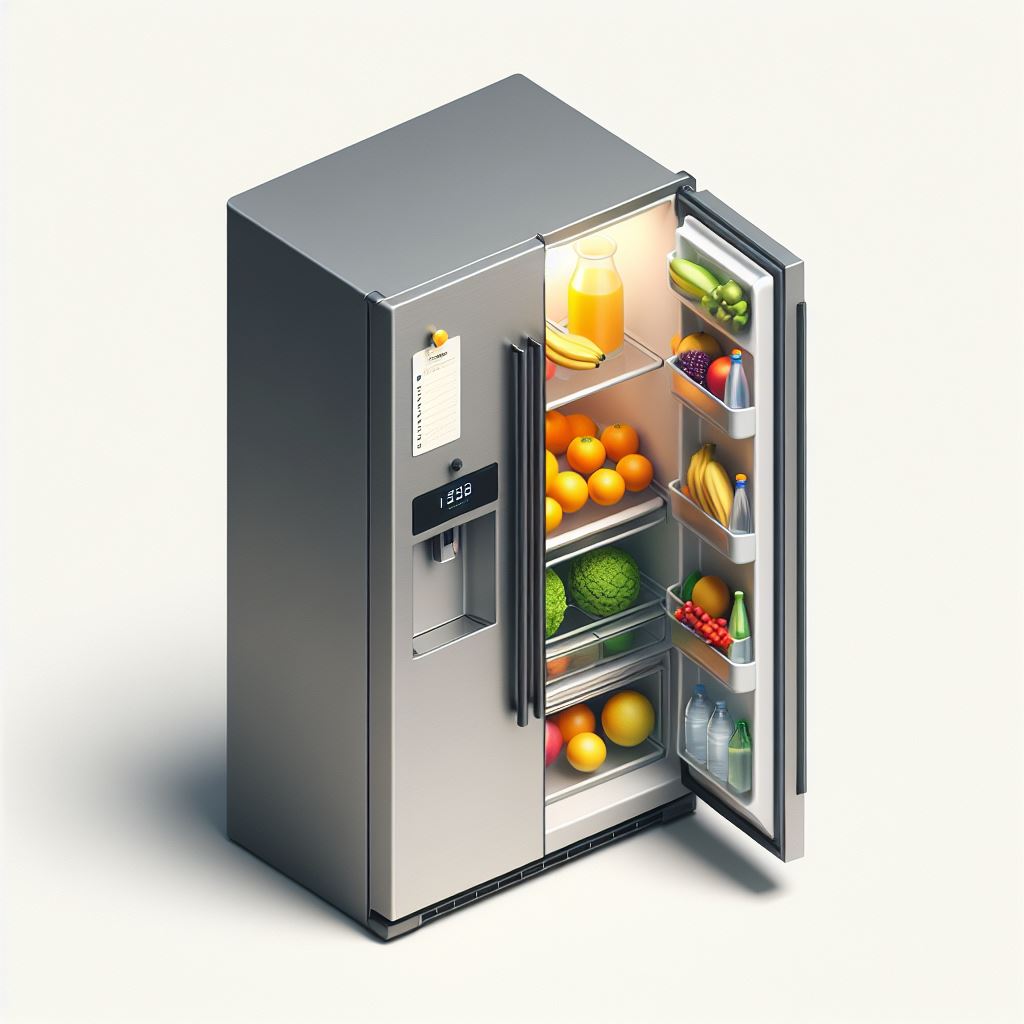Our refrigerator is like the unsung hero of our kitchen, keeping our food fresh and drinks cold. But just like any appliance, it can be vulnerable to damage if not properly cared for. From accidental bumps and dents to spilling liquids inside, there are a number of ways that our beloved fridge can be harmed. Understanding these potential hazards can help us protect and preserve this essential appliance for years to come.
Default Ad Code 1
Refrigerators are a crucial appliance in our homes that help us keep our food fresh and safe to eat. However, there are several factors that can damage a refrigerator and impact its efficiency. By being aware of these factors, you can take steps to prevent damage and extend the life of your refrigerator.
One common way a refrigerator can be damaged is through poor maintenance. Neglecting to clean the coils and vents of the refrigerator can lead to dust and debris buildup, reducing airflow and causing the compressor to overwork. Regularly cleaning the coils and vents is essential to ensure optimal performance.
Overfilling the refrigerator with food is another factor that can damage it. When a refrigerator is packed full, air circulation is restricted, making it difficult for the appliance to maintain a consistent temperature. This can result in increased energy consumption and potential damage to the compressor. Avoid overfilling the refrigerator to allow for proper air circulation and efficient operation.
Placing hot or warm food directly into the refrigerator can also harm the appliance. Hot food raises the internal temperature, causing the compressor to work harder to cool it down. This can strain the compressor and shorten the lifespan of the refrigerator. It is best to let hot food cool to room temperature before placing it in the refrigerator to prevent damage.
Inadequate ventilation around the refrigerator can also lead to damage. Refrigerators need proper airflow to function efficiently, and if they are placed too close to walls or other appliances, it can restrict airflow and cause overheating. Ensure there is enough space around the refrigerator for proper ventilation to prevent damage.
In conclusion, poor maintenance, overfilling, placing hot food directly into the refrigerator, and inadequate ventilation are factors that can damage a refrigerator. By taking preventive measures such as regular cleaning, avoiding overfilling, allowing food to cool before refrigerating, and ensuring proper ventilation, you can prolong the life of your refrigerator and ensure it operates efficiently. Remember to care for your refrigerator to keep it running smoothly and efficiently.
Default Ad Code 2
1. What can damage a refrigerator if I accidentally hit it with a heavy object?
Answer: Hitting a refrigerator with a heavy object can damage the exterior casing, dent the door, or even cause internal components to shift or break, affecting the refrigerator’s performance.
2. Can leaning or sitting on top of a refrigerator cause damage?
Answer: Yes, leaning or sitting on top of a refrigerator can put undue pressure on the unit, potentially causing the casing to bend or crack, and may also affect the internal components.
3. Is it okay to place hot pots or pans directly on top of a refrigerator?
Answer: Placing hot pots or pans directly on top of a refrigerator can damage the surface by causing discoloration, melting, or warping. This can affect the overall appearance of the refrigerator and potentially lead to overheating of the unit.
Default Ad Code 1
